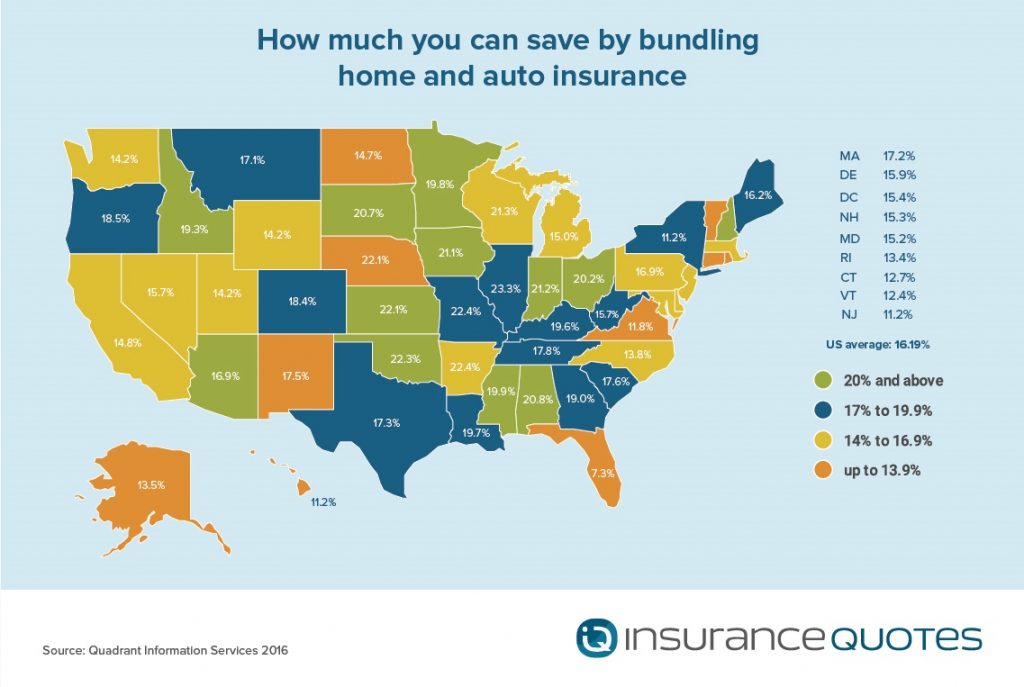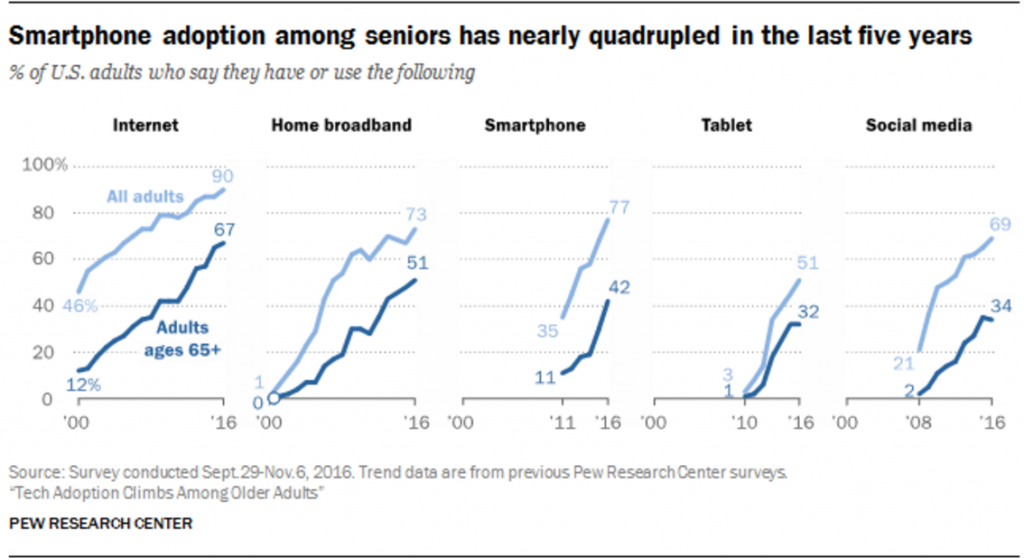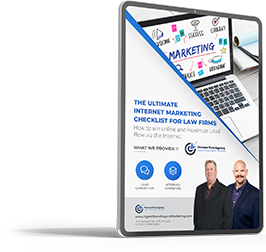Unless you’ve been hiding under a rock, you probably know that these days, the Internet is where it’s at, whether you’re looking for a product, service, a job, or just about anything else. If you’re a business owner or a professional (such as an insurance and financial services agent), it’s also a great equalizer – you can gain access to people directly, even without a large advertising or marketing budget. Insurance agent marketing online, however, can be just as difficult as traditional marketing because of the additional compliance requirements for our industry.
As you may already know, insurance and financial services agents must follow certain guidelines and laws when marketing and advertising their products and services online. While the Internet may seem like the Wild, Wild West, insurance agents must still follow the same rules and standards they normally would if they were using traditional forms of advertising.
If you’re new to internet marketing or perhaps you’d like to know more about what you can and can’t do, then follow these simple do’s and don’ts to ensure that you’re in full compliance with corporate, D.O.I, FINRA and other regulatory agencies advertising and marketing rules and laws.
Don’t: Send Unsolicited Email
This one is a no-brainer, but it deserves mentioning. The FTC’s CAN-SPAM ACT prohibits any business from sending unsolicited email. This law doesn’t just cover bulk mail, but any electronic mail message that is meant to promote a business or service, or any type of commercial advertisment. It doesn’t even make exemptions for B2B business email. While it may seem tempting to hit that “send” button right away, think first before you send anything.
Do: Get Permission to Contact Prospects
While you might think, “Well, no one reads email anymore,” think again. Recent statistics state that 91% of people still check their email everyday. Email marketing has the highest ROI for marketers, earning about $38 for every $1 spent.
So, how can you effectively email your prospects, without breaking any laws? It’s all about permission. You need to ask your prospects if you can email them, and get their permission in a clear and concise way. You also need to respect their wishes, and stop contacting them if they want to opt-out. All of your emails, even those that have granted permission, need to have an “Opt-out” link to ensure compliance with the CAN-SPAM ACT. While you can do all of this manually, you might want to consider an email marketing service, or a company, who can help you oversee this portion of your marketing activities to ensure all CAN-SPAM ACT rules are followed closely.
You can check this link to find out the exact requirements of the law, but here are the main things to remember:
- Don’t use false or misleading header information
- Don’t use deceptive subject lines
- Identify the message as an ad
- Tell recipients where you’re located
- Tell recipients how to opt out of receiving future email from you
- Honor opt-out requests promptly
Don’t: Sell on Social Media
Insurance and financial services agents are limited to what and how they can advertise their products and services. For example, cold calling and going door-to-door are no-nos, as are soliciting at colleges, clinics, and certain places. You can’t even staple your business card to certain materials, like educational brochures.
While social media sites like Facebook and Twitter may seem like an open market, insurance agents should still follow the same standards as they would when they’re using traditional methods. Many of the big insurance companies have their own set of rules of what agents can and can’t do or say online on social media sites, so make sure you check these before you post anything. Most likely, you can’t use your own personal page for your agent page, so make sure you set up the right type of page for you and your agency.
Do: Show Off on Social Media
Many people show off on social media – and so should you! In fact, Facebook in particular loves original, personal content! As long as you don’t give away any personal information about your employees or clients, go ahead and show off! Take pictures of your newly-renovated office or feature a different employee every week or month, and tell everyone what makes him or her special. Maybe a client sent you a thank you gift for doing a good job – don’t be shy and (as long as you don’t put any identifiable information or get permission to name them), share the photo on your page. Some agents even show off while they’re out and about, doing events or relaxing at home after a long day at work.
Sharing content like this endears you to your audience, but more important, sends your engagement rates through the roof. While having 200 Twitter followers or 1000 page likes might not translate into exact dollar amounts for you right away, but it can help establish you as a thought leader in the insurance and financial services space. In addition, search engines (like Google, Bing and Yahoo) also now have something called, “Social Signals” built into their algorithms. Those insurance and financial services agents with the highest engagement rates, in social networks, tend to move up faster in the SERPs (Search Engine Results Pages). This then can lead to great word-of-mouth (or tap of the screen, if you’re trying to reach those Millennials) recommendations.
Don’t: Just Share Anything and Everything
While it’s good to share some interesting, personal content you have, you must also not share too much or too many times. While posting 10x and tweeting 15 times a day ensures you always show up on other people’s newsfeeds, it can get annoying! Your followers may also want to know about their friends – not just about you, but constantly posting photos or your thougths floods their feeds. Keep in mind that “Social Selling” is about being engaging and social. Once those individuals in your network have a need for your products or services, you’re going to be top-of-mind. Social Selling helps with both marketing and branding for your agency. Remember that your “online reputation” is everything.
Do: Share Thoughtful Content and Encourage Discussion by Asking Questions
How many times should you post and what should you post? It really depends on you and your audience. Optimal posting frequency varies per social network, but most experts agree that 4x per day on Twitter, 1 to 2x per day on Facebook, and twice a week for LinkedIN are enough. When you do post, also include some thoughtful content that can help your audience or, if you’re out of ideas, ask (non-controversial) questions that can encourage discussions like, “What’s better: apple pie or cherry pie?” That way, you can foster some light debate or maybe bring back happy memories for some people.
Don’t: Advertise or Offer Services on Other People’s Pages or Accounts
It’s tempting to post your ads, page or website on other people’s Facebook pages or constantly mention a popular brand or celebrity on Twitter so their followers can see you, but don’t do it. Not only is this annoying for the owner of the account, but they can block your account and even report you, which could lead to your social account being suspended.
Do: Help Other People With Their Social Media Efforts
A great way to expand your audience without irritating other page owners or their followers is to share content from that page. Organizations and businesses are all on social media for the same thing – to expand their reach and gain an audience. So (as long as they’re not competitors or promote negative values), why not help them by sharing their content with your followers? You can go to your local animal shelter’s page and share their pictures of pets looking for homes. Or share your local community theater’s upcoming production and encourage followers to watch. While all of these may not lead directly to business for your agency, the page owner may reciprocate and share your content, but overall, it’s a great way to give back to your community. Also don’t forget to have each of your employees to share your content to their networks. That’s how some great content goes, “Viral,” right?
These dos and don’ts can help guide you when trying to navigate the trickey waters of online marketing for insurance and financial services agents. While compliance issues may seem restricting, they are necessary to ensure a fair marketplace for all. They’re also designed to protect the consumer. . However, just because such restrictions are in place, that doesn’t mean you won’t be able to effectively market your services using some of the most popular social media networks, e.g., Facebook, Twitter, Linkedin and G+.
Wouldn’t it be nice if your customers could just come to you? When you attract people to your business, then you don’t have to worry about getting people’s permission to email them or how to use social media to engage with them. This process is called Inbound Marketing, and if you want to know more about it, download our FREE ebook by clicking on the DOWNLOAD NOW button below:







